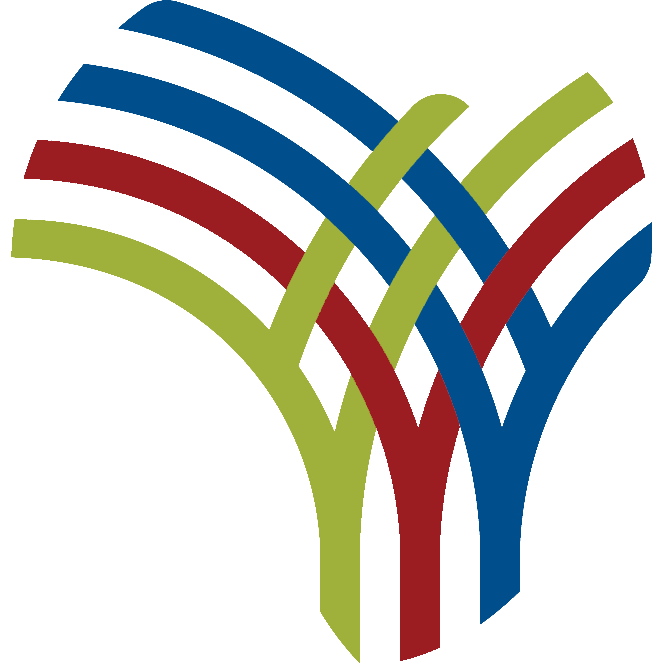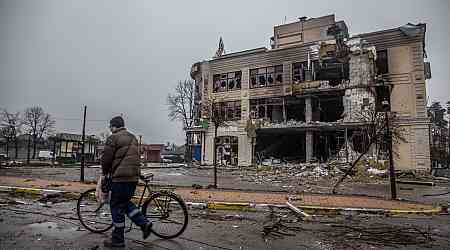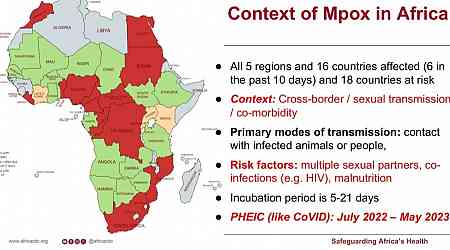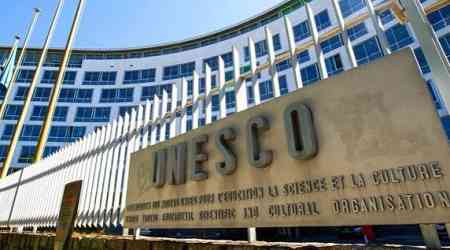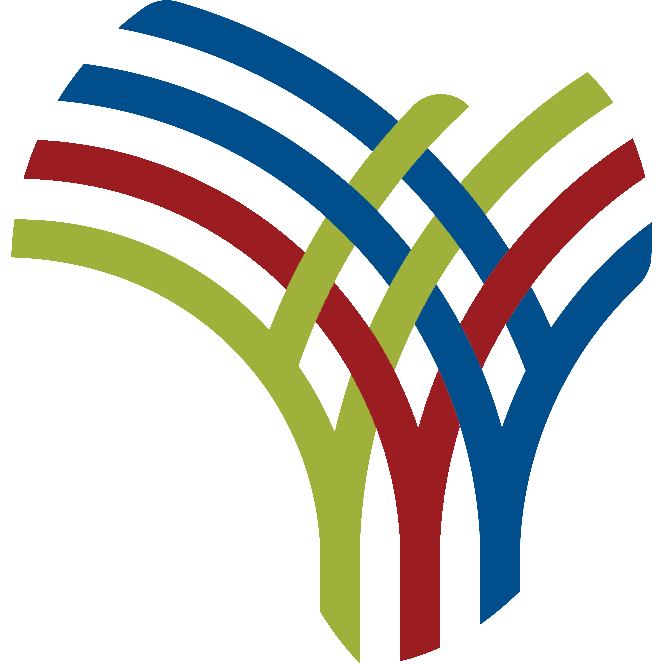For democracy and multilateralism in Africa to prosper, the continent needs strong states with institutions that deliver.
Africa's myriad governance and security crises are often blamed on a lack of democracy. But is that the case? Or should these crises instead be linked to state dysfunction that disrupts the building of accountable governance systems?
Coups and unconstitutional changes of government are back in Africa after two decades of decline. The downswing resulted from the combined pressure of the international environment and the normative mechanisms of the African Union and regional economic communities.
In the past decade, all regions of Africa have experienced some form of civil or military breakdown of the state order. Juntas use their apparent popular support to extend transition periods indefinitely, plunging regional and continental mediation processes into an unprecedented crisis.
These signs of breakdown in Africa's collective security systems have led many observers to conclude that Africa is experiencing a crisis of democracy. But this analysis isn't entirely accurate.
First, Afrobarometer surveys indicate that African attitudes towards democracy remain largely positive. Most Africans want to live in a democracy but are disappointed by the quality of existing democratic systems. Research by the ISS' African Futures and Innovation team suggests that although many countries on the continent have the essential elements of electoral democracy, liberal democracy remains minimal.
Second, perceptions of democratic success seem to be influenced by democracy's electoral dimension. For example, before its coups in 2020 and 2021, Mali was long considered a model of democracy in West Africa. But it was the country's ability to organise peaceful elections and power transfers that was celebrated, rather than the construction of solid institutions of democratic participation and accountability.
This is clear from the population's deep distrust of politicians. Most Malians criticise the political class for the poor results it achieves in terms of security and economic and social development - even though it was elected through more or less transparent processes.
Democracy has often been blamed for failures that are actually the state's responsibility. But democracy is no more than a means - an enabler that needs an underlying structure to operate properly. That structure is the state. To use a metaphor from the information technology world, the state is the hardware or the operating system, while democracy is the software. Using the most sophisticated software on an obsolete operating system can lead to profound malfunctions.
African states are still relatively young and suffer from the teething problems inherent in the state-building process. Historically, state building has often been complex, non-linear, violent and disputed. Contestation arises when states try to impose their authority in contexts where there are several modes of governance and forms of authority.
The expansion of Islamist-inspired insurgencies in some Sahelian states reflects insufficient territorial control by the governments of affected countries. Sixty-four years after independence, many states, particularly in the vast areas of the Sahel, still don't have complete control over their territory. That makes them particularly vulnerable to armed insurgencies, especially in cross-border areas or far from the capital.
ISS African Futures and Innovation research reveals that the most difficult task for African leaders is enforcing state authority in the context of an international order that essentially favours individual rights. Yet the process of state formation has rarely been inclusive or even participatory in other parts of the world.
But this international normative context alone doesn't fully explain the relatively poor state of Africa's governance - despite the continent's vulnerabilities to global developments. While most governments have managed to impose state authority in their territories, their approach hasn't been balanced. They have over-invested in defence and security forces - often to protect their own regimes - and neglected the functions of the state that bind citizens to the nation through service delivery.
Transport infrastructure, a functional state presence especially in remote areas, and consistent rule of law are often lacking. Building state capacity entails improving the effectiveness of government and having a legitimate monopoly of the means of force. Enforcing law and order precedes - or goes hand in hand with - establishing administrative capacity to deliver regular services.
But weak economies limit government revenues and reduce the state's capacity to provide sufficient public goods, thereby creating fertile ground for violence.
Research shows that citizens in some conflict-affected countries experience the state's presence more through extortion and repression than basic service provision. This blurs the lines between representatives of the state and those of armed groups.
Confronted with a young, connected and increasingly urban population demanding rights and services on the one hand, and a narrow tax base and unfair conditions of international funding access on the other, African governments often find themselves at an impasse.
Democratisation - it was believed - would promote strong states firmly rooted in territories with clearly identified borders. However, the challenges of establishing a democracy have made state-building harder in Africa. Far from helping to create inclusive societies, the democratisation process - accompanied by the inevitable ambitions of political actors - has often fuelled social divisions.
Weakened internally, African states struggle to strengthen the continental and regional collective security frameworks of the African Union and regional economic communities. The current crisis of multilateralism on the continent is also a crisis of the African state because a collective of weak states doesn't translate into strong regional and continental bodies.
Democracy needs strong states with viable institutions - something that is lacking in Africa. Governments on the continent do not have the luxury of sequencing - they must simultaneously build capacity, institutions and inclusion.
The future of the African Union and regional economic communities lies first and foremost in consolidating the capacity of states to form viable entities. Only then can countries cooperate usefully with their peers.
Félicité Djilo, Independent Analyst, ISS
Paul-Simon Handy, Regional Director East Africa and Representative to the African Union, ISS Addis Ababa


















